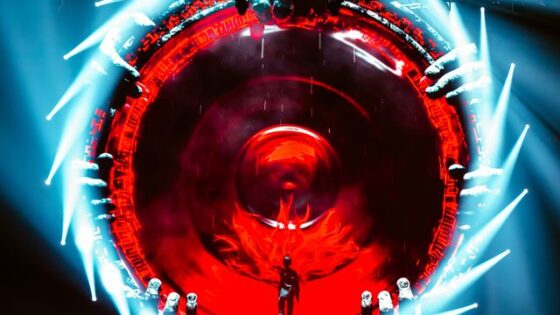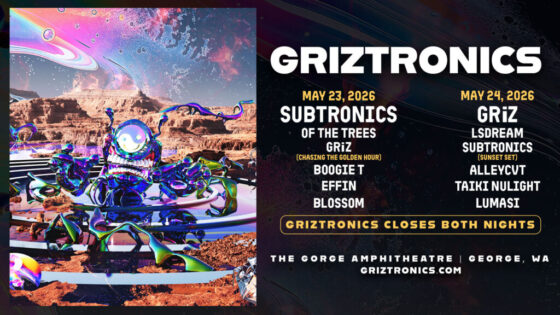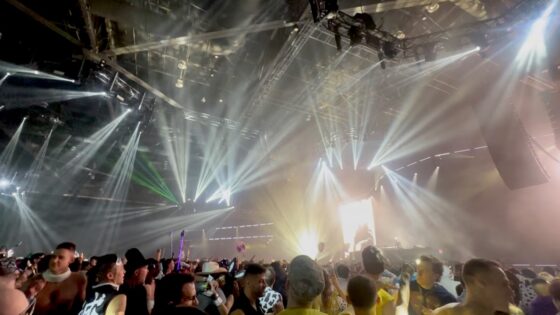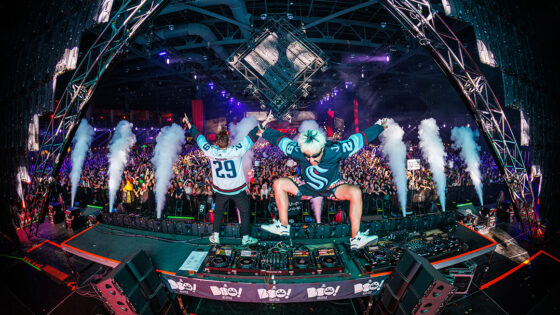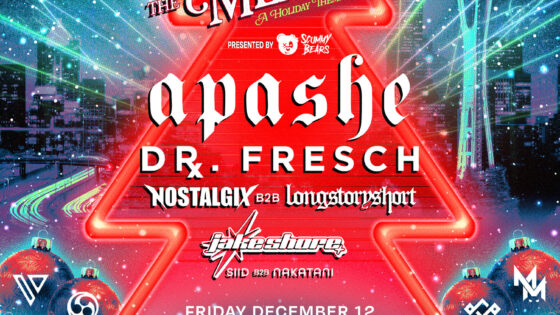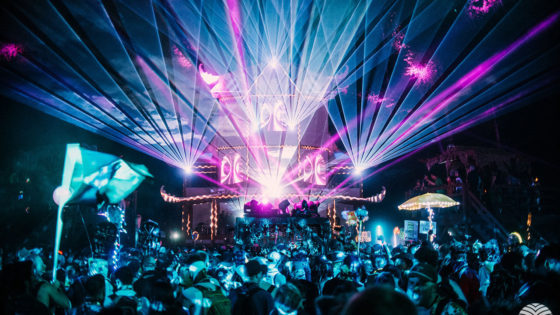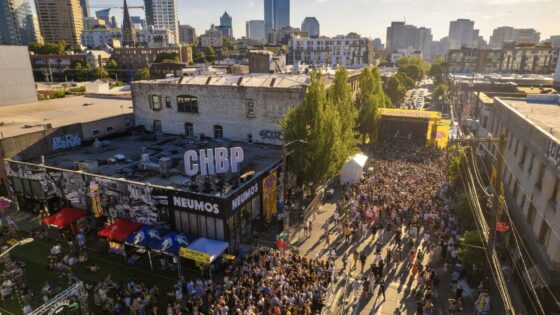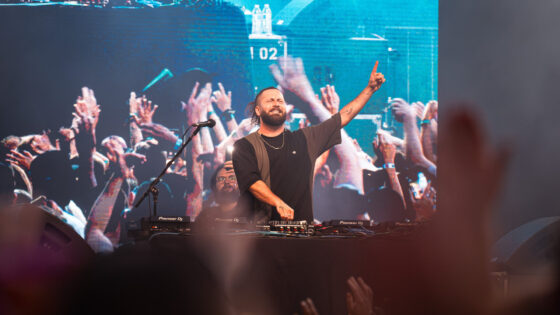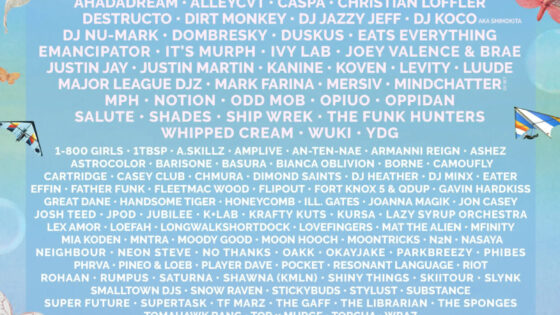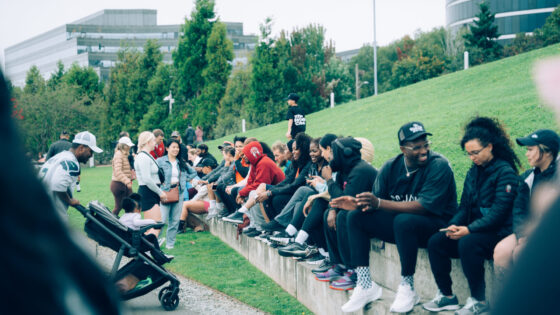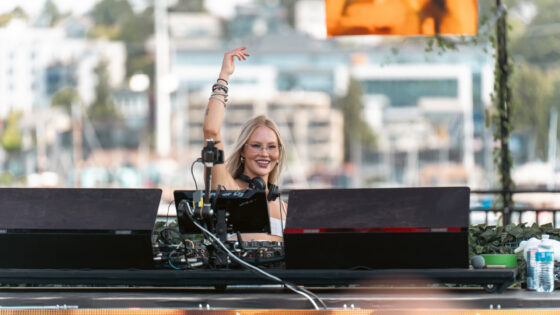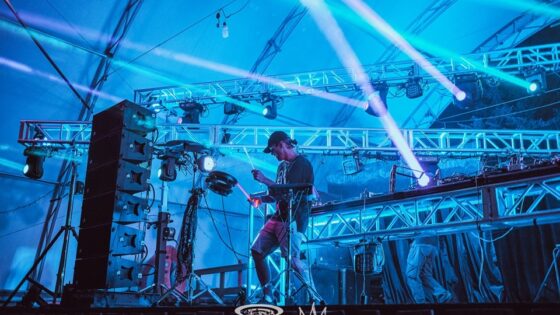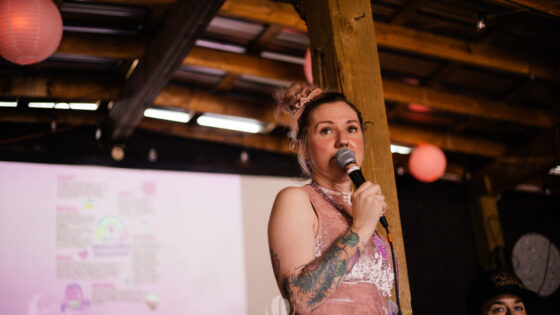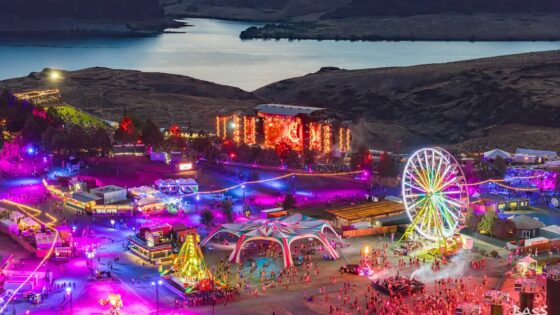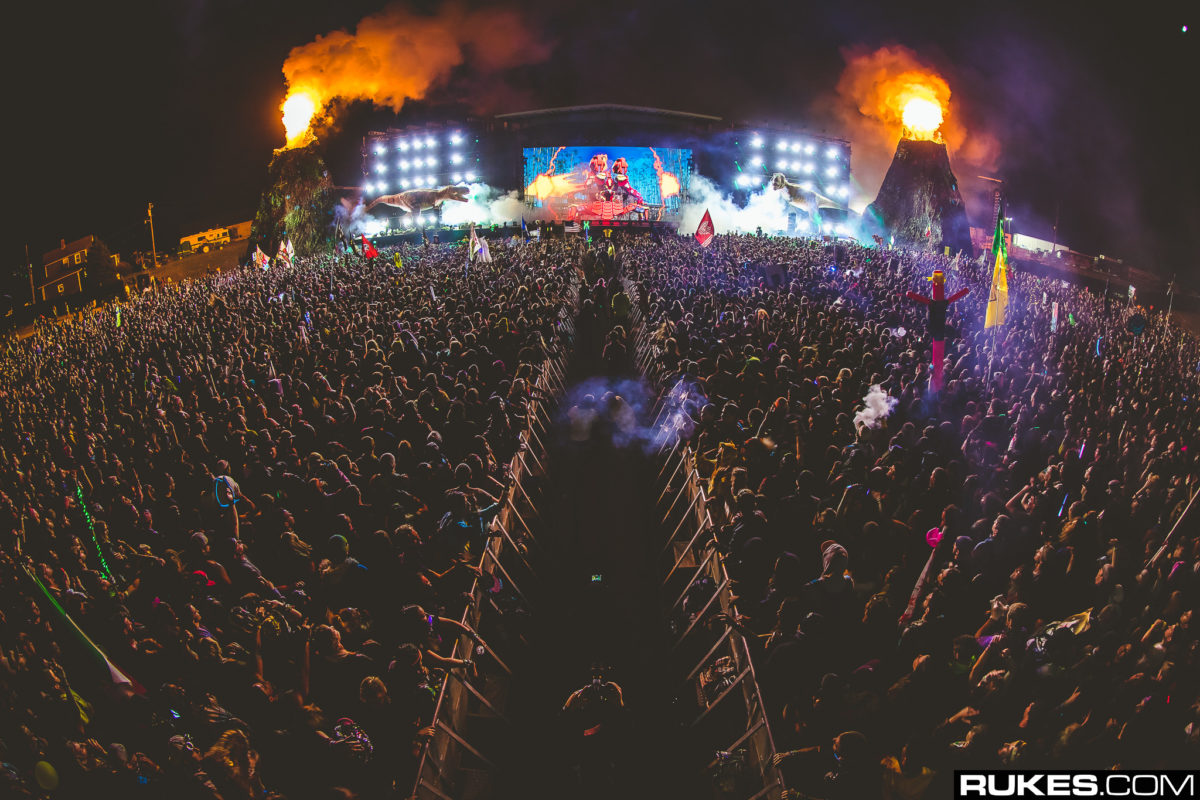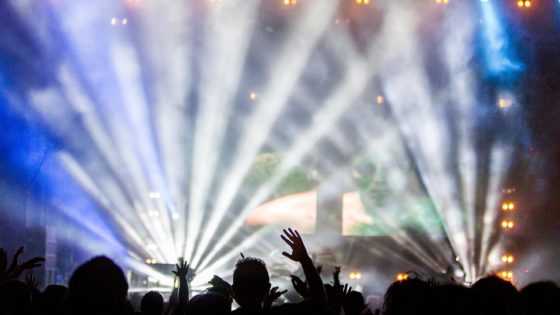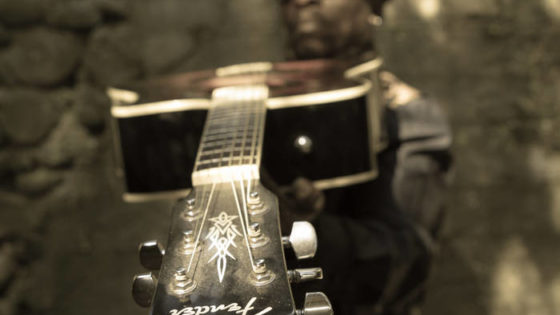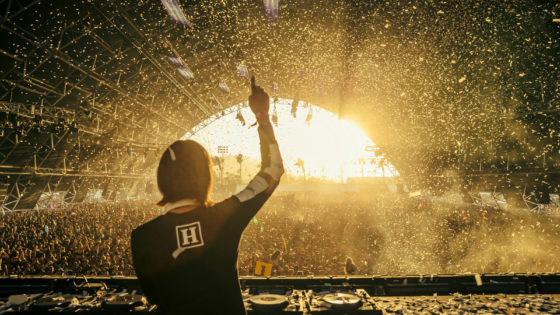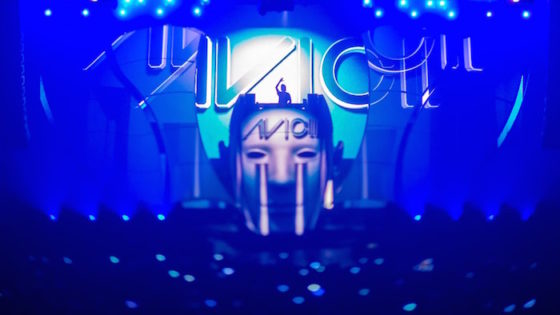Over the past few years, you’ve probably noticed that downtempo dance music has entered a Renaissance of its own; seemingly, downtempo tracks are taking over. But why now? In an article for the Guardian, Kathy Iandoli points her finger at hip-hop, drugs, and the current political climate. While hip-hop is increasingly present in a number of dance music sets, did it really cause its electronically produced cousin to slow down? Did the turn to “downers” instead of “uppers” like MDMA really change the music? And, are we so depressed by our current political climate that we can’t bear another track at 120 bpm?
Hip-hop does appear to be slowing down, but it’s dangerous to connect the two genres so closely. Trap festivals are certainly flourishing, but there are a number of dance music subgenera that have slowed down without hip-hop’s influence. As far as Iandoli’s assertion that drugs have altered the music goes, constantly tying dance music directly back to drugs reinforces harmful narratives that lead to dangerous real-life results.
Additionally, raves and dance music festivals have always been perceived as a utopia separated from political realities. While none of these facts entirely rule out her assertions, is there somewhere else we can look?
It’s entirely possible that the downtempo trend is merely a change in aesthetic preferences. When uptempo music oversaturates the airwaves, it’s natural to take the opposite approach. It’s also possible that the success of artists like Rezz and G Jones has influenced other artists to follow suit. Their music tends to experiment with tempos that were previously underexplored by bass artists (at least in the mainstream).
It’s impossible to say that none of these artists were influenced by hip-hop in some way, since the two genres have been in dialogue since their earliest stages. We also can’t claim that drug culture hasn’t had any influence on musical preferences; without empirical evidence of the latter, the claim doesn’t exactly hold water.
To us, it seems that a large number of downtempo producers simply sought to experiment with a tempo range that hadsn’t been fully explored yet. Of course, trap and house producers who have started heavily using hip-hop in their sets would naturally have to slow down their own tracks to beat match with slower hip-hop tracks. But, there’s always more the every picture than meets the eye.
Why do you think dance music is slowing down? Let us know on social media!
Important things happen in Pacific Northwest nightlife, and DMNW will send you alerts!

